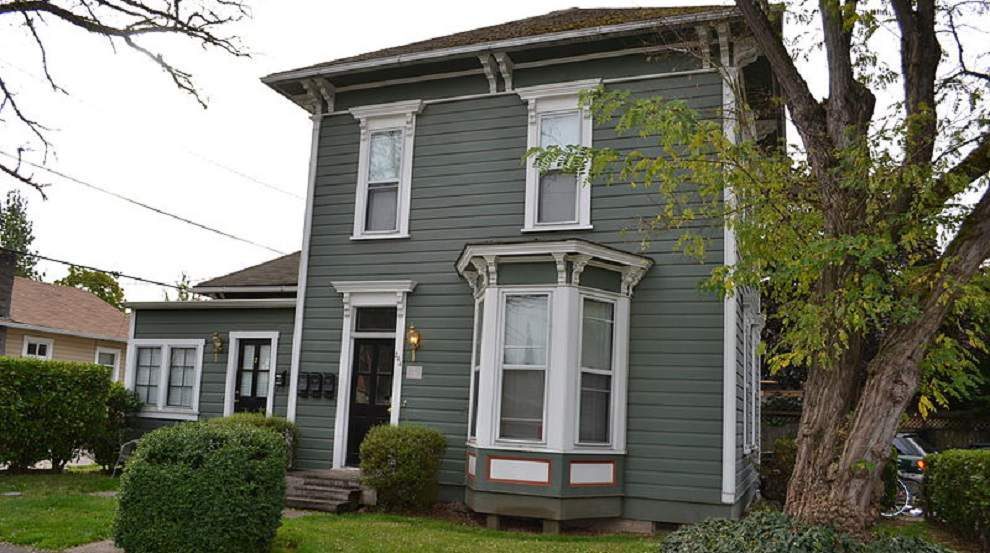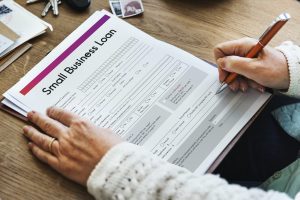For many people, the idea of getting a first mortgage can be intimidating. Not understanding how interests work, technical terms such as amortization and how variable rates vs fixed rate are calculated can be absolutely nerve wrecking for a first time home buyer. In this article, we’re going to cover the basics of how mortgages work so you’ll have a better understanding.
What’s a Mortgage?
So, what is a mortgage actually? Well, a mortgage is a loan, usually stretched over a long period of time, that uses property or anything of value as a collateral. So, for instance, if you buy a home for $350,000 and offer $50,000 as a collateral, you’ll have to borrow $300000 to buy the house. Under the mortgage agreement, you are the rightful owner of the house under the condition that you make your payments on time. In case of default, the bank or lender has the right to repossess the house to recover payments.
What is Home Equity?
If you make your payments on time, you will eventually start building equity in your home. This is the part of your home that you actually own and can borrow against. The easy way to calculate how much equity you have in your home is by subtracting the amount of money left on your mortgage from the house’s market value.
When you build equity, you will have access to what are called equity lines of credits. Equity lines of credits, or HELOCs for short, gives you access to a line of credit proportional to the amount of equity you have on your home. You can choose to get a line of credit for the full amount of your home equity, or only a part.
You will be able to withdraw from your line of credit as you please, and in case of default, the amount will be taken off your home’s equity. They are a great option if you need extra money for repairs, renovations, or simply need the money for personal expenses. However, before you consider getting an equity line of credit, it’s always wise to check the interest rates in your area. For instance, if you live in New Jersey, it’s always better to check home equity line of credit rates in NJ before you apply for one.
Fixed Rate Mortgages vs Variable Rate Mortgages
This is one of the parts that confuse first time buyers the most. Should you go for a fixed rate mortgage or a variable mortgage?
Well first, let’s explain the difference between the two. Fixed rate mortgages have the same interest rate throughout the duration of the loan while adjustable loans will adjust themselves based on current interest rates. Both have their sets of advantages and inconveniences.
First, fixed rate mortgages are great if you strike them at a time when interest rates are very low. This will insure stability during the whole duration of the loan. However, the issue with fixed rates is that they are usually higher than variable rates. Variable rates on the other hand obey to the laws of the market and fluctuate depending on interest rates.
Variable rates are great for people who buy homes during a time when interest rates are high. Also, variable rates rarely go higher than a certain point, so, while they do not offer the same level of stability as fixed rates, there is still a way to predict approximately how much you’ll have to pay in interest. And contrary to popular belief, variable mortgages usually end up costing less in the long run because they are usually significantly lower than fixed rate mortgages.
No Down Payment Mortgages
If you have a solid credit score and a good income, but don’t have lots of money saved up for collateral, you could qualify for a no money down mortgage. However, there are some specific issues that have to be considered when you take these kinds of loans. For instance, if you take a mortgage at a time when house prices are plunging, you might end up owing more than what your house is actually worth. So, before you decide to go for a no money down mortgage loan, make sure you understand the current state of the market.
Conclusion
Mortgages don’t have to be complicated, however, it is extremely important for first time home buyers to understand exactly how they work and the many options open to them before they make a decision. Buying a home is the biggest investment of your life for many people, and the decision on striking a mortgage should not be taken lightly. So, make sure that you are thoroughly informed about the whole process before you even start searching for a lender.












Add Comment